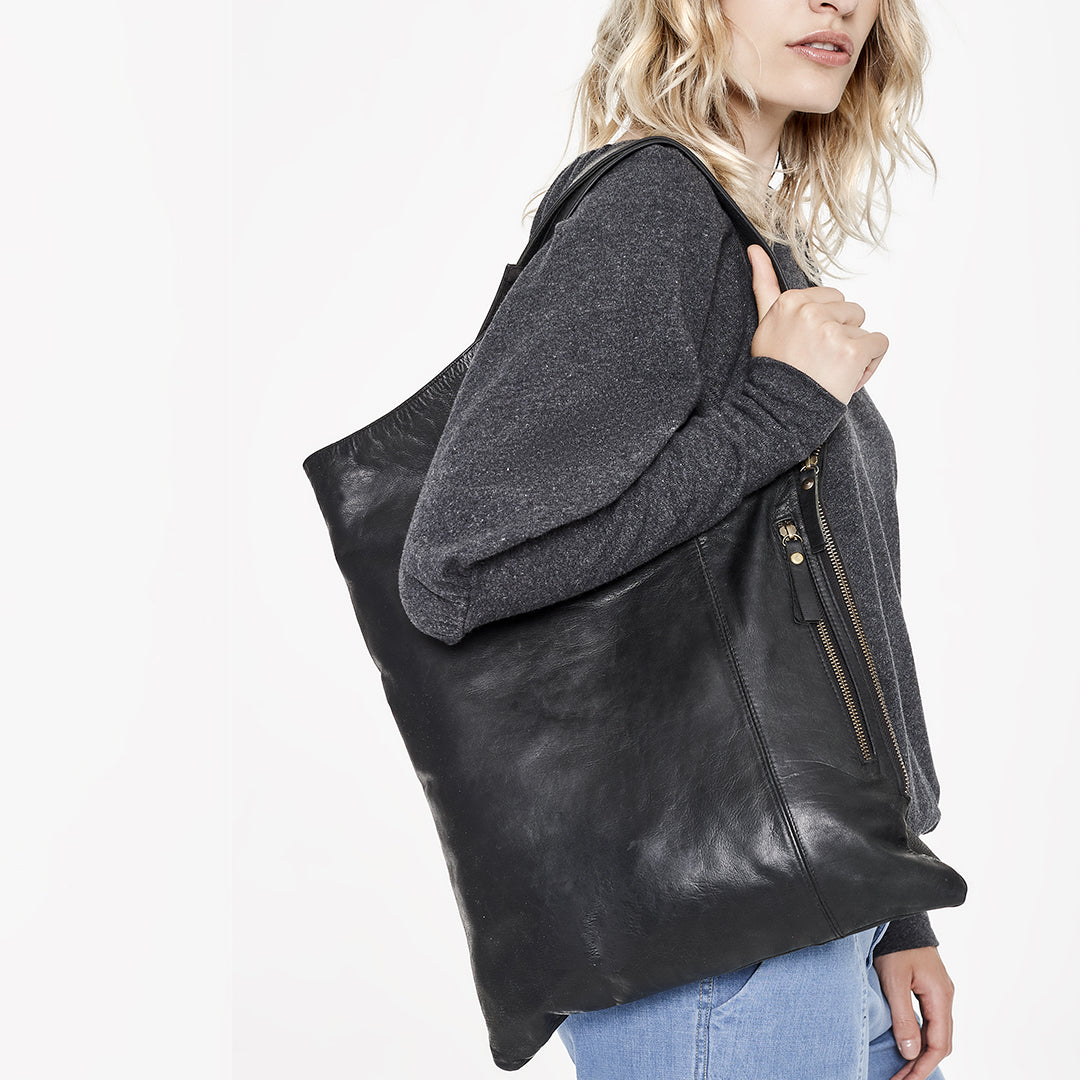OUR FABRICS
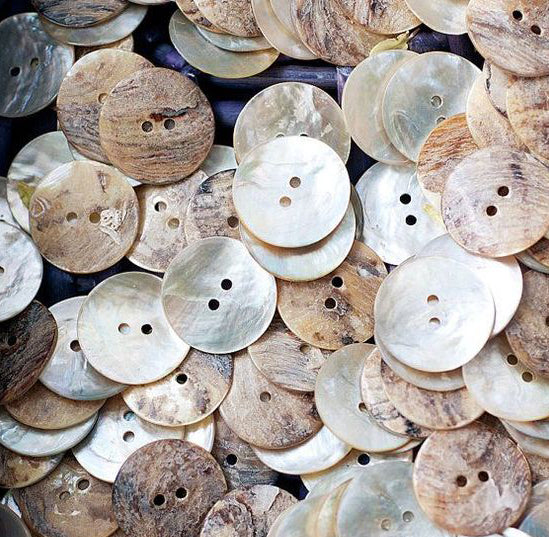
At Sitting Pretty, we are committed to working exclusively with natural fibres. These fabrics breathe, last, and return gently to the earth—qualities that align with our vision for conscious fashion.
As a small, independent brand, we face certain limitations. Access to organic and certified sustainable fibres is restricted in South Africa, with suppliers largely catering to bigger brands. Minimum orders often exceed 5,000 metres—an impossible quantity for us without compromising creativity, flexibility, and financial sustainability.
Instead, we do the best with what is available to us locally, choosing natural fabrics that allow us to design collections that evolve season by season while staying true to our ethos. We may not always have access to certified organic fibres, but we remain committed to avoiding synthetics and creating garments that honour both people and planet.
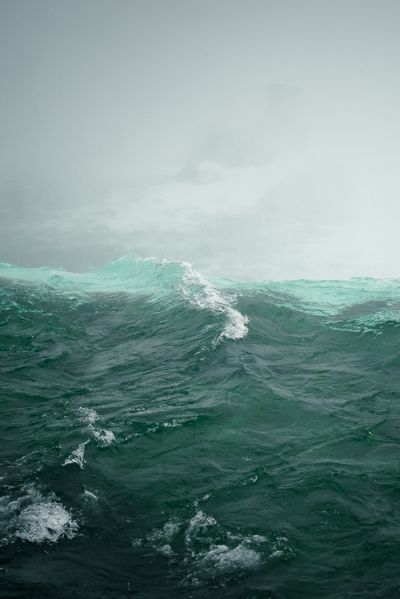
We are committed to using only natural fabrics, striving to source the most eco-friendly options available. The materials we choose contain no polyester, acrylic, or other synthetic fibres—all forms of plastic that currently make up around 60% of clothing worldwide.
These synthetic fibres contribute to ocean plastic pollution in subtle but pervasive ways. With every wash, tiny fibres—less than 5 millimetres in length—can leach into the water system. Over time, they accumulate in rivers, oceans, and ultimately the food chain, affecting marine wildlife and even humans. Research estimates that a population of 100,000 people could release over a kilogram of microfibres every day—a stark reminder of how widespread the problem is.
By choosing natural fibres, we aim to reduce this impact. It’s a small but meaningful way to make a difference. Join us in making conscious choices and committing to avoid synthetic fabrics wherever possible.
For more information about the fabrics we use—and the specific materials in your garment—please see the details below. For guidance on caring for these fabrics, visit our care guide here.
COTTON
Cotton is a naturally soft material that feels comfortable against the skin. A highly durable and natural fibre of the cotton plant. It is both soft and cool and creates a breathable fabric.
It is absorbent, hypoallergenic, non-toxic, and has excellent wicking properties. It is biodegradable. We do not currently make use of organic cotton in our garments because it is not easily accessible in South Africa at the small quantities we need. The minimum order quantity of organic cotton is about 5000m.
Our knitwear is made with OEKO-TEX® Organic Cotton, class I Annex 4 which is certified on the basis requirements with the goal to protect consumer health. It is also tested in numerous substance classes that are relevant to the environment and of course for the use of GMO.
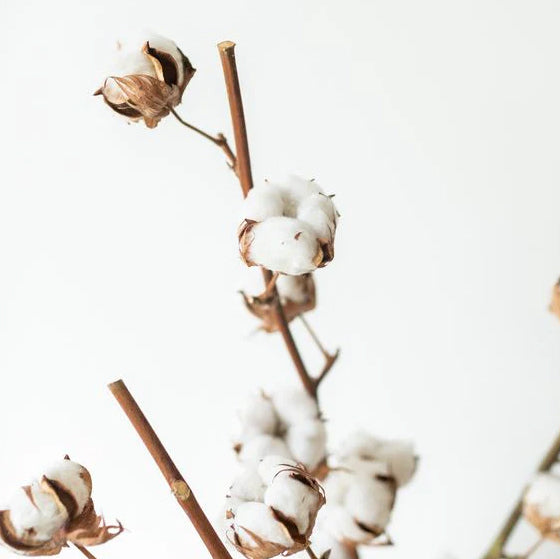
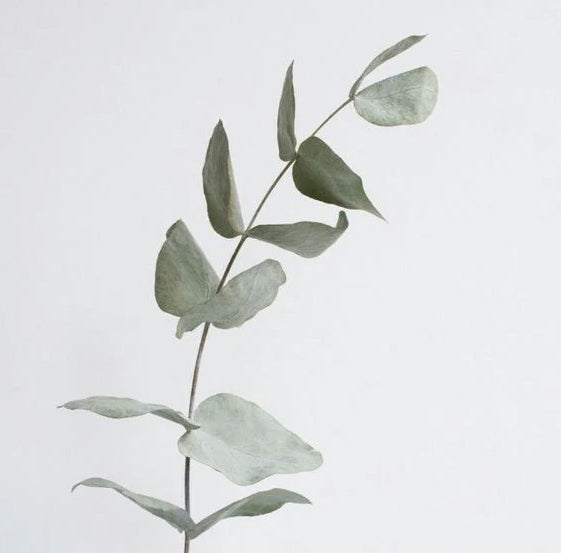
tencel
A natural, man-made fibre, also referred to as lyocell. It is made from wood pulp from sustainable tree plantations.
The production process is based on closed loop spinning that recovers or decomposes all solvents and emissions. It has 50% greater moisture absorbency than cotton.
Tencel has been budded as the fabric of the future. It has a luxurious lustre and a drape that mimics silk or rayon. It is biodegradable. It’s an absolute win!
RAYON
100% Rayon is made from wood pulp cellulose and put through a chemical process, creating a man-made, natural fibre.
Rayon has a silk-like aesthetic with a superb drape. It is soft, smooth, cool and comfortable. It can absorb water and sweat, so it’s perfect to wear in summers, also as a substitute for cotton as it does not insulate heat. Rayon is a biodegradable fibre.
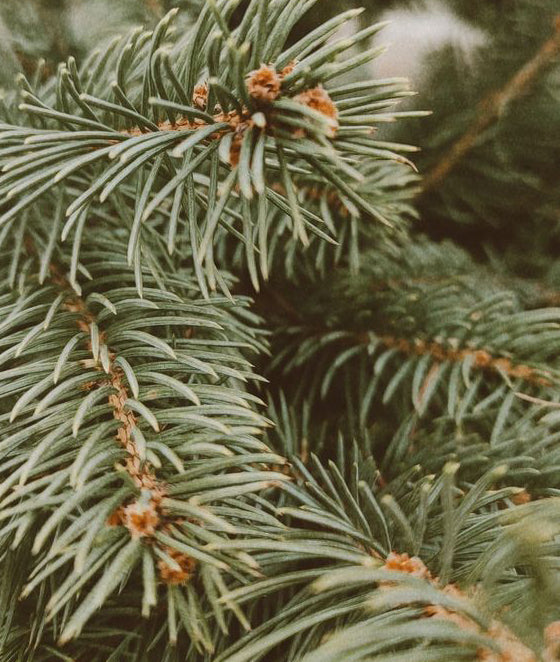
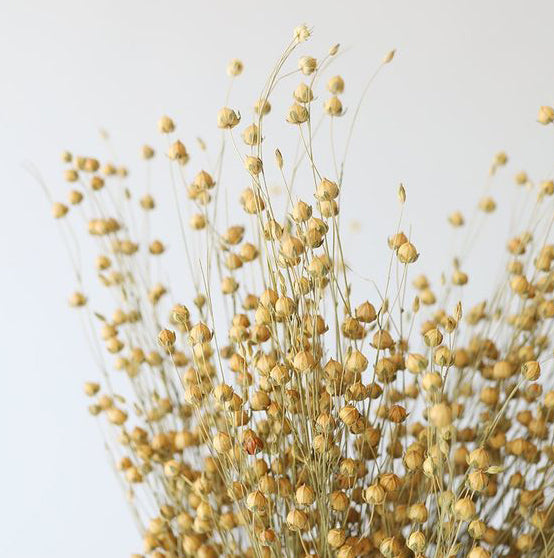
linen
Linen is made from the fibres of a flax plant. It has a much lower environmental impact than cotton, as it requires no pesticides and little water. It is durable, highly absorbent and breathable.
It dries faster than cotton and has the tendency to crinkle. It regulates body temperature, so keeps you cool in summer and warm in winter. It is biodegradable.
Hemp
An environmental super fibre. Hemp fabric comes from the plant with the same name. It is one of the fastest growing plants and it doesn't need much water, energy, pesticide, or fertilizers.
The plant is very good for soil and can be grown for many years in the same place without exhausting it. It is an extremely high yield crop that produces more fibre per meter than cotton and flax.
This is why hemp is considered to be eco-friendly. It has very similar properties to linen, and is the only fibre that wears in, not out!
Plus it’s completely biodegradable.
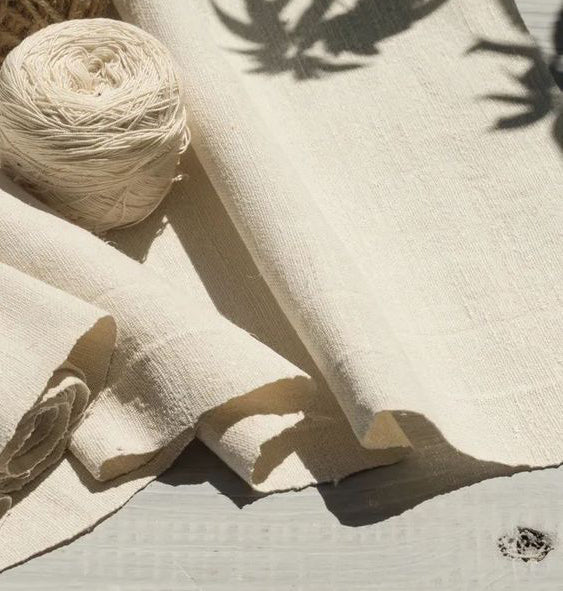
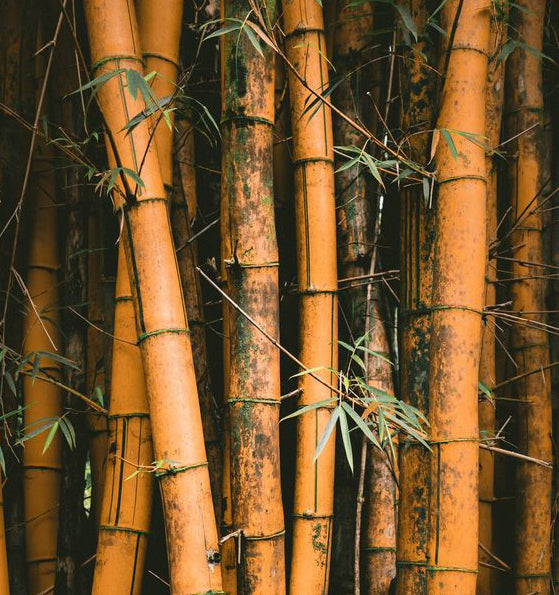
bamboo
Bamboo is a sustainable crop. It is essentially a fast-growing grass, requires no fertiliser and self-regenerates from its own roots, so it doesn’t need to be replanted. It requires far less water than cotton.
Bamboo fibre has various micro-gaps, which make it softer than cotton and increase its moisture absorption. It is antibacterial and highly absorbent. Powerfully insulating and soft. It has a natural repellent for odours and is biodegradable.
Wool
Our wool suppliers production facilities are certified Global Organic Textile Standard (GOTS) and Responsible Wool Standard (RWS).
The RWS protocol guarantees the complete traceability of raw materials and supply chain, It certifies that wool comes from farms with a progressive approach to managing their land, and from sheep that have been treated responsibly. The protection of soil health, biodiversity and native species, as well as the responsible treatment of the animals that have to be free from all deprivation, are essential.
GOTS guarantees complete traceability, all the material must come from certified organic farms. In addition, the protocol severely limits the use of chemicals potentially harmful for the environment or the health, from the harvesting to the subsequent manufacturing phases. Finally, the protocol provides for verification of compliance with corporate ethics in terms of social guarantees, labour protection and equity, also under the salary profile, on the workplace.
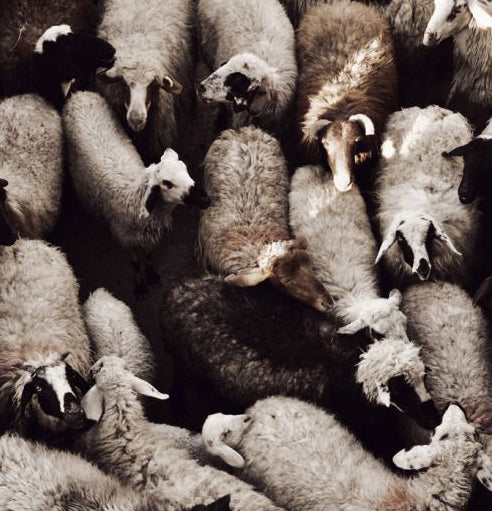
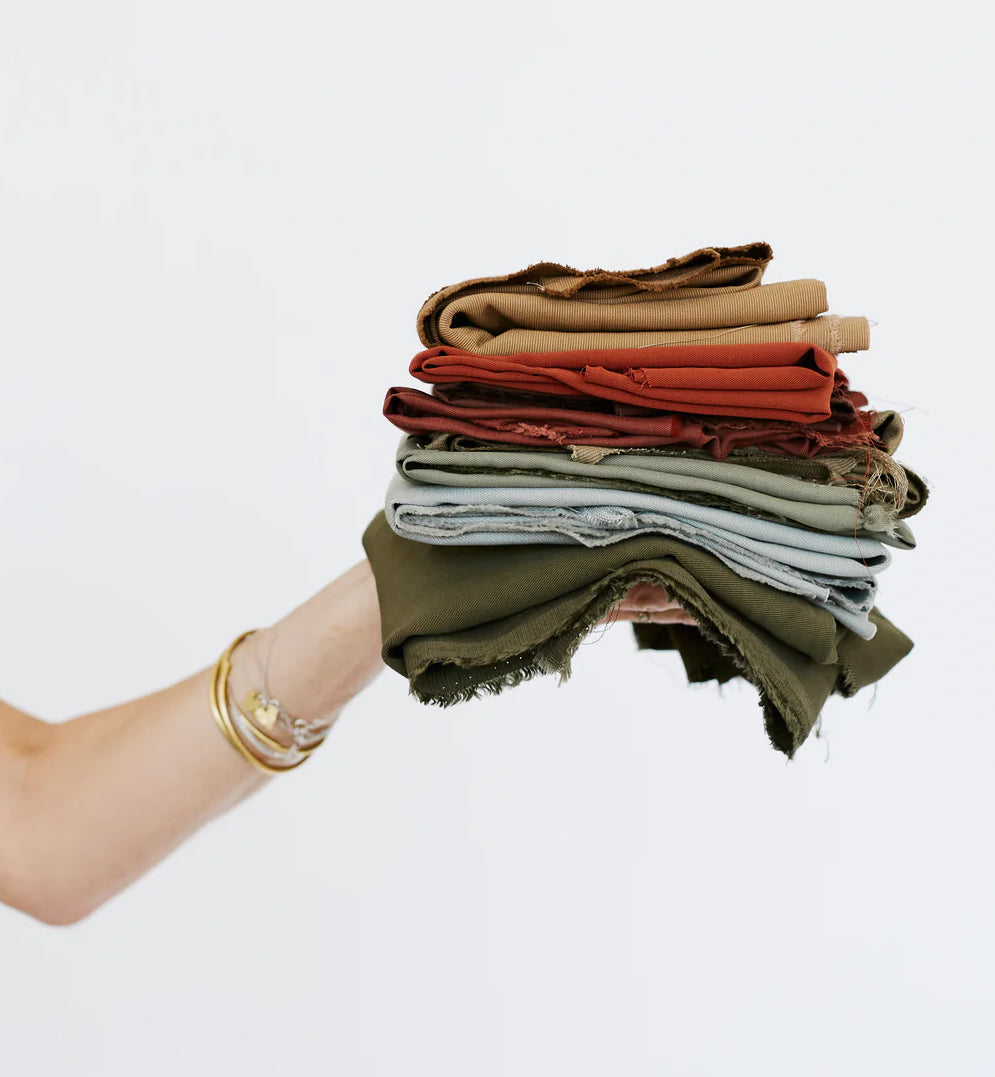
linen/rayon blend
Rayon blended with linen creates a substantially softer fabric with more fluid drape and a subtle sheen from the rayon. As it wears it gets softer and more textured. It crinkles less than 100% linen.
With wash and wear it gets softer and more textured. It is a beautiful, breathable fabric and it’s biodegradable.
leather
Our shoes and handbags are made with full grain aniline cow hide. Our leather is sourced locally (99%). The leather used is a by-product of the meat-industry.
For this reason you will find natural markings on the leather. Cows are not farmed specifically for their leather. The leather we choose is of the highest quality, but because of its natural nature every single scratch or tick mark can be seen. It is biodegradable.
